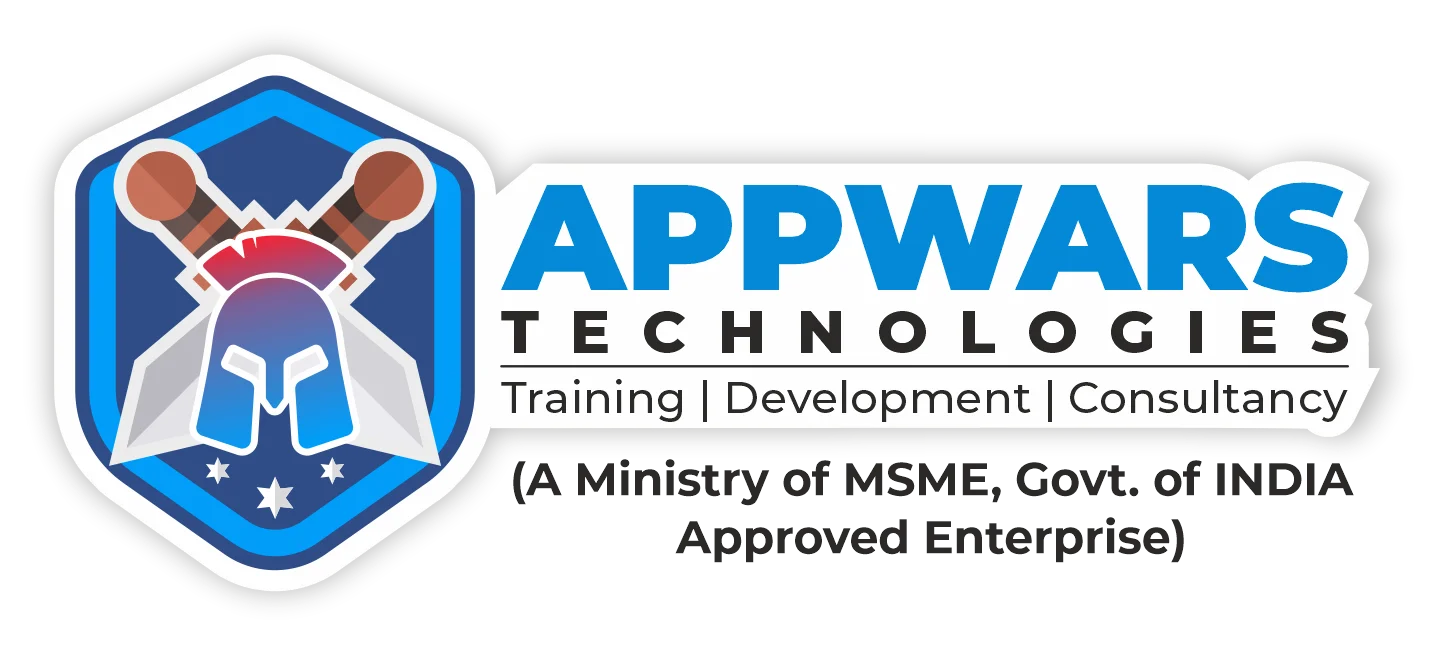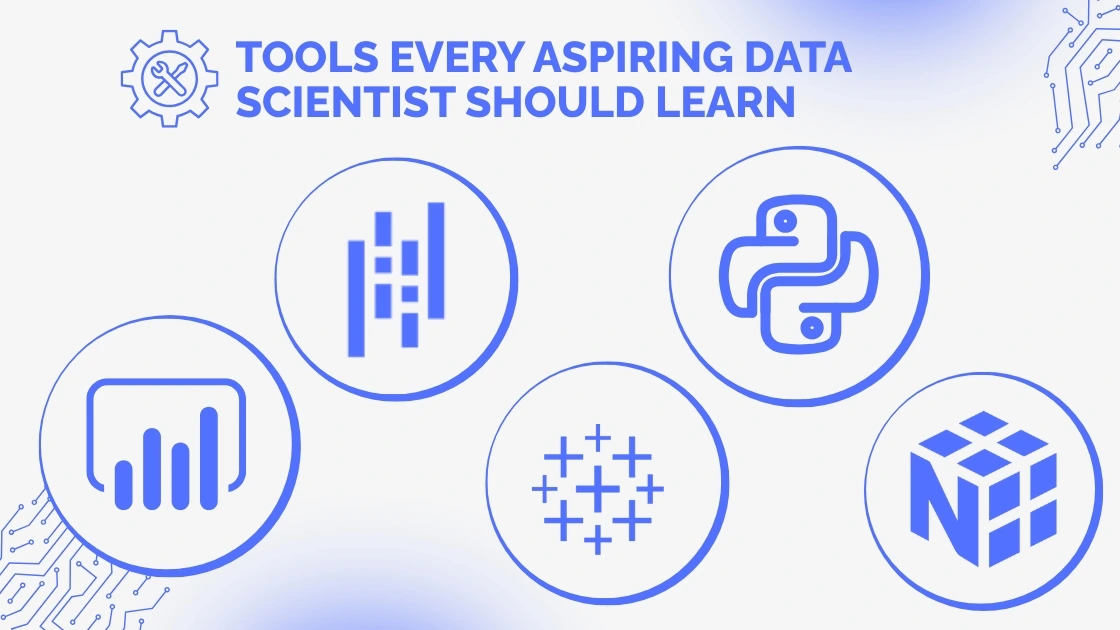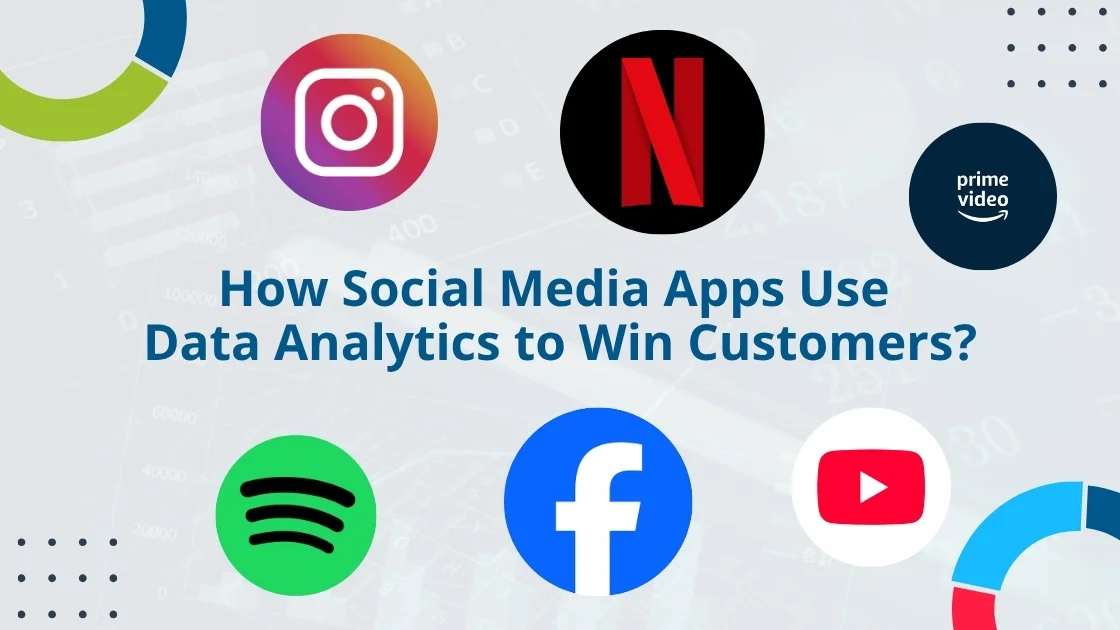Understanding AI and Data Science
Artificial intelligence (AI) and data science are two interrelated fields that are fundamentally transforming industries around the world. AI can be defined as the development of computer systems that can perform tasks typically requiring human intelligence, such as visual perception, speech recognition, decision-making, and language translation. On the other hand, data science encompasses a broader field that combines statistical methods, algorithms, and technology to extract insights and knowledge from structured and unstructured data.
The significance of AI and data science in today’s technological landscape cannot be overstated. As businesses increasingly rely on data-driven decision-making, the demand for professionals skilled in these fields has surged. Courses in data science and AI equip individuals with the tools to analyze complex datasets and employ machine learning techniques to create intelligent systems. Companies that integrate AI capabilities and data analysis in their operations often experience enhanced productivity, improved customer insights, and streamlined processes.
The evolution of AI and data science has paralleled advancements in computational power and data availability. In the early days, AI focused primarily on rule-based systems that could mimic human reasoning. However, with the expansion of data sources and the development of more sophisticated algorithms, AI has evolved into a field characterized by machine learning and deep learning techniques. Parallelly, data science has emerged as a discipline that not only seeks to analyze data but also emphasizes the importance of data visualization and communication, making findings accessible and actionable for stakeholders.
As the modern landscape continues to evolve, the integration of AI and data science plays a crucial role in driving innovation across various sectors, from healthcare to finance to retail. Organizations that invest in AI courses and data science training are better positioned to harness the power of data, thereby facilitating informed decision-making and fostering competitive advantage.
AI and Data Science Applications Across Industries
The intersection of artificial intelligence (AI) and data science has led to transformative changes across various sectors. Industries such as healthcare, finance, manufacturing, retail, and transportation have begun to harness AI algorithms and data analysis techniques to enhance their operations and decision-making processes.
In the healthcare sector, for example, predictive analytics fueled by data science is being employed to anticipate outbreaks, diagnose illnesses, and tailor personalized treatment plans. Hospitals are increasingly utilizing machine learning models trained on patient data to improve clinical outcomes and optimize resource allocation. Innovations in AI are also streamlining administrative tasks, thereby allowing healthcare professionals to focus more on patient care.
The financial industry reaps substantial benefits from AI and data science through the implementation of fraud detection systems. Machine learning models analyze transaction data in real-time to identify irregular patterns that may indicate fraudulent activity. Furthermore, AI-driven analytics are transforming risk assessment practices, aiding institutions in making data-driven lending decisions while enhancing customer experiences through personalized financial products based on predictive modeling.
In manufacturing, AI-powered robots and data analytics are being leveraged to improve operational efficiency and reduce downtime. Predictive maintenance, informed by data collected from machinery sensors, ensures timely interventions before equipment fails, thus minimizing costs associated with repairs and operational disruptions. Adopting data science courses can equip professionals with the skills necessary for integrating these advanced technologies into traditional manufacturing processes.
Meanwhile, the retail industry is experiencing a renaissance through AI and data science as businesses analyze consumer behavior to optimize inventory management and personalize marketing strategies. Algorithms analyze vast amounts of customer data, enabling retailers to predict trends and stock products that align with consumer preferences effectively.
The transportation sector, too, is leveraging AI for route optimization and traffic management. Data science techniques are employed to analyze traffic patterns, improving logistics and reducing fuel consumption. Businesses invest in AI courses to understand better how data-driven decision-making can lead to enhanced efficiency in logistics and distribution.
Overall, as industries continue to embrace AI and data science, they stand to gain significant advantages that foster innovation and improve performance across different domains.
Challenges and Ethical Considerations
The integration of AI and data science into various industries presents a myriad of challenges and ethical considerations that require careful examination and management. One primary concern is data privacy. As organizations increasingly rely on vast amounts of data to train AI models, safeguarding sensitive information becomes paramount. Consumers are becoming more aware of how their data is used, prompting companies to establish robust data protection strategies. Failure to do so not only risks legal ramifications but can also undermine public trust.
Another significant challenge is algorithmic bias. If the data used to train AI systems is skewed or unrepresentative, the outcomes generated can lead to unfavorable biases, perpetuating stereotypes and unfair practices. For organizations to leverage AI responsibly, it is crucial to ensure a diverse dataset and continuously monitor algorithms for any signs of bias. This requires a commitment to ethical data science practices, prioritizing fairness in AI decision-making processes.
The demand for skilled professionals in data science and AI fields also presents a challenge. There’s a notable skills gap in the workforce; organizations often struggle to find qualified candidates who can harness the power of advanced technologies. Comprehensive data science courses and specialized AI courses are essential to bridge this gap, as they equip individuals with the necessary skills to thrive in these evolving landscapes.
Moreover, the financial investment required for the successful implementation of AI technologies can be daunting for many industries. Companies must assess their return on investment while recognizing the long-term benefits AI can offer. Balancing costs with ethical considerations in technology deployment, such as ensuring accountability and transparency in AI applications, is critical. The establishment of regulations guiding the ethical use of AI will not only support these efforts but also facilitate a sustainable integration of AI and data science into various sectors.
The Future of AI and Data Science in Industry
The future of artificial intelligence (AI) and data science is poised to bring about transformative changes across various sectors. As advancements in technology continue to accelerate, industries are leveraging tools like machine learning and deep learning to enhance productivity and streamline operations. These innovations have the potential to disrupt traditional business models, requiring organizations to adapt quickly or risk falling behind their competitors.
One significant trend is the increasing reliance on automated systems powered by AI. Predictive analytics, driven by data science methodologies, will enable businesses to anticipate market demands more accurately, thus optimizing supply chains and resource allocation. Industries such as healthcare are particularly poised to benefit from AI-driven data analysis, potentially leading to improved patient outcomes through personalized medicine and predictive diagnostics. Furthermore, the integration of AI in manufacturing processes will facilitate intelligent automation, where machines learn from data, adapt to changes, and enhance operational efficiency.
It is essential for the workforce to evolve alongside these technological advancements. As more organizations adopt AI courses and data science training programs, the demand for skilled professionals with expertise in these areas will continue to grow. Workers entering the job market should focus on acquiring relevant skills, including programming, data analytics, and machine learning techniques. Educational institutions must take a proactive role in updating curricula to ensure that students are well equipped to thrive in this data-driven environment.
Moreover, governments and organizations must foster an ecosystem that encourages innovation. Collaborations between public and private sectors can lead to research initiatives that propel AI and data science forward. By providing funding, incentives, and resources for startups and established companies alike, stakeholders can stimulate growth in these emerging fields, leading to sustainable economic development. Embracing AI and data science will undoubtedly shape the future landscape of industries, creating new opportunities and challenges along the way.












